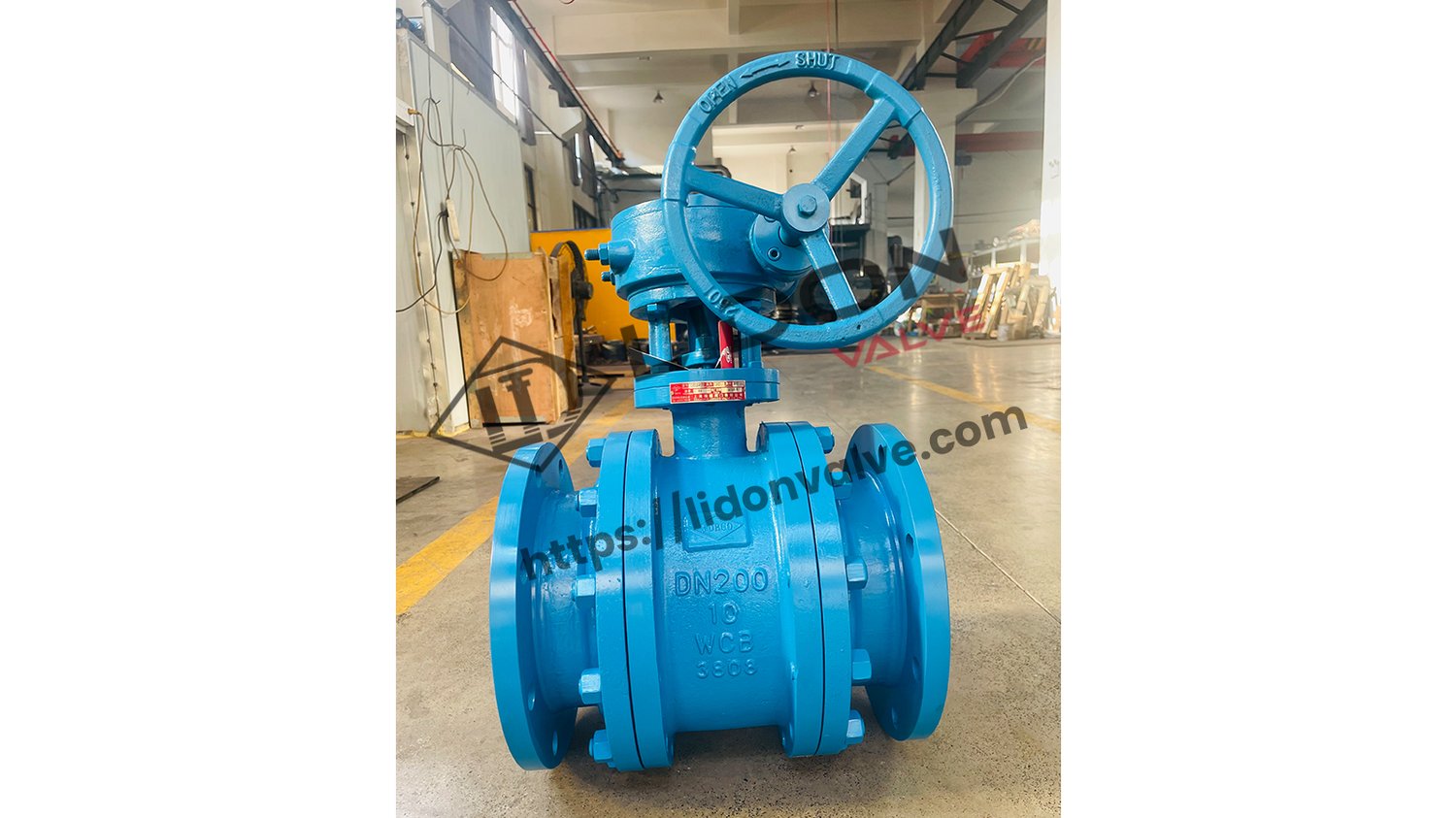What is a ceramic lined ball valve?
A ceramic lined ball valve is a type of valve that has a ceramic lining on its inner surface. The valve itself consists of a ball with a hole in the middle, which can be rotated to control the flow of fluids. The ceramic lining provides excellent resistance to corrosion, erosion, and wear, making it ideal for use in industries where harsh conditions are present.
The Advantages of Ceramic Lined Ball Valves
Ceramic lined ball valves offer several advantages over traditional valves. Here are some key benefits:
1. Superior Corrosion Resistance
One of the primary advantages of using a ceramic lined ball valve is its exceptional resistance to corrosion. The ceramic lining acts as a protective barrier, preventing the valve from coming into direct contact with corrosive fluids. This makes it an excellent choice for applications in industries such as chemical processing, oil and gas, and wastewater treatment.
2. Enhanced Erosion Resistance
In addition to corrosion resistance, ceramic lined ball valves also offer enhanced erosion resistance. The smooth and hard surface of the ceramic lining helps to minimize the impact of abrasive particles present in the fluid, thereby reducing the wear and tear on the valve. This extends the valve's lifespan and reduces the need for frequent maintenance and replacement.
3. Improved Flow Control
Ceramic lined ball valves provide precise and reliable flow control. The ball inside the valve can be rotated to open or close the flow passage, allowing for quick and accurate adjustments. The low friction coefficient of the ceramic lining ensures smooth movement of the ball, resulting in excellent control over the flow rate and direction of the fluid.
4. High Temperature Resistance
Another advantage of ceramic lined ball valves is their ability to withstand high temperatures. The ceramic lining can handle temperatures up to 1000°C (1832°F), making it suitable for use in applications involving hot fluids or processes. This high temperature resistance allows the valves to maintain their integrity and performance even in extreme operating conditions.
5. Chemical Compatibility
Ceramic lined ball valves are chemically inert and compatible with a wide range of fluids, including acids, bases, and solvents. The ceramic lining does not react with the fluid or introduce any contaminants, ensuring the purity and integrity of the process. This makes them a preferred choice in industries where fluid purity is critical, such as pharmaceutical manufacturing and food processing.
6. Long Service Life
Due to their exceptional resistance to corrosion, erosion, and wear, ceramic lined ball valves have a significantly longer service life compared to traditional valves. The reduced need for maintenance and replacement translates to cost savings for industries, as they can minimize downtime and improve overall operational efficiency.
7. Lower Total Cost of Ownership
While ceramic lined ball valves may have a higher initial cost compared to conventional valves, their long service life and reduced maintenance requirements result in a lower total cost of ownership over time. The cost savings from decreased downtime, maintenance, and replacement expenses make them a cost-effective choice for industries in the long run.
8. Environmental Benefits
Ceramic lined ball valves offer environmental benefits as well. The superior corrosion and erosion resistance of the valves reduce the risk of leaks and spills, minimizing the potential for environmental contamination. Additionally, the longer service life of the valves reduces the need for frequent manufacturing and disposal, making them a more sustainable option.
9. Versatile Applications
Thanks to their excellent properties, ceramic lined ball valves find applications in various industries. Some common uses include chemical processing, oil and gas production, power generation, mining, water treatment, and pulp and paper manufacturing. They are particularly well-suited for handling abrasive, corrosive, and high-temperature fluids.
10. Future Developments
As technology continues to advance, there are ongoing developments in ceramic materials and manufacturing processes. These advancements are expected to further enhance the performance and capabilities of ceramic lined ball valves, making them even more reliable and efficient in the future.

